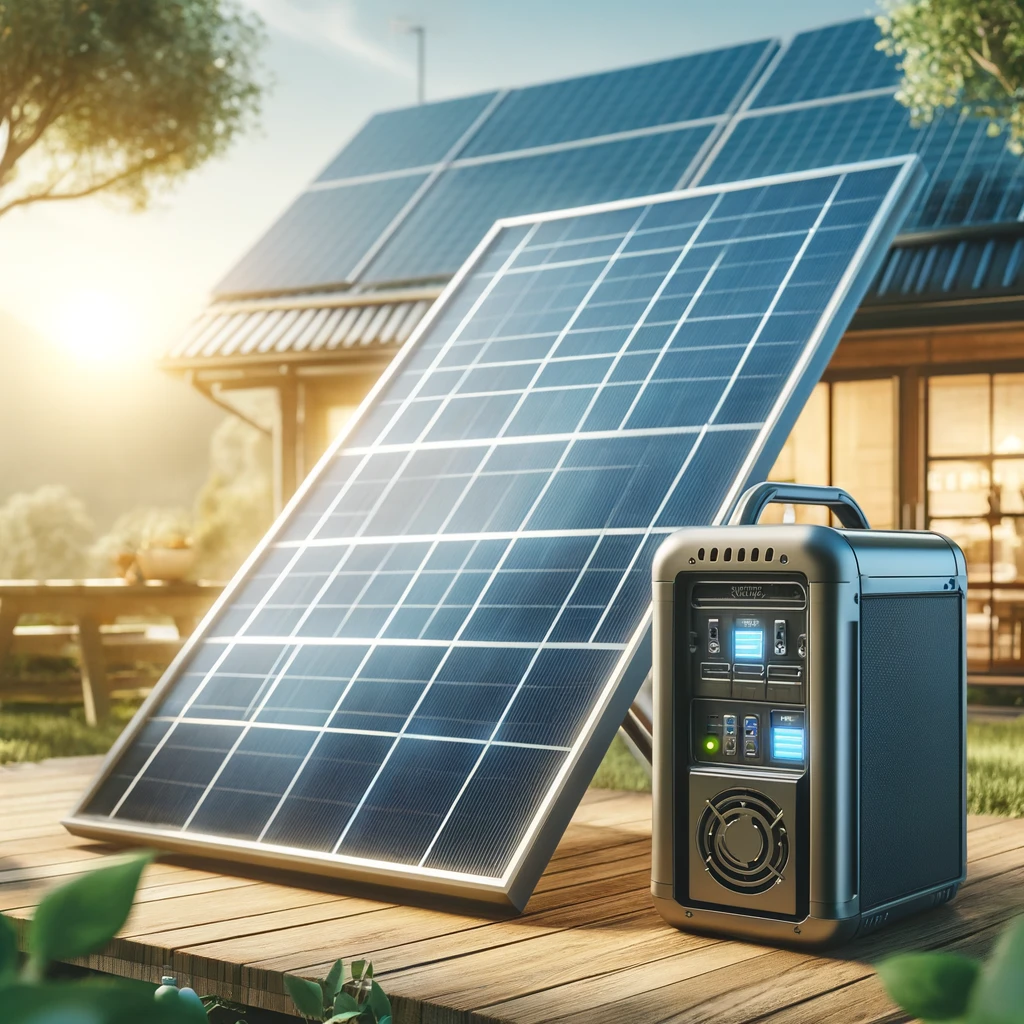As solar power technology continues to evolve, many misconceptions persist about solar generators. Understanding the environmental impact of solar generators compared to traditional generators is crucial for making informed decisions about sustainable power solutions.
Let’s examine and debunk some common myths while revealing the truth about this increasingly popular power source. This will help you make better-informed decisions about your power generation needs.
Cost and Value Reality
One of the most persistent myths about solar generators suggests they’re prohibitively expensive. While investigating the pros and cons of investing in a solar generator reveals some upfront costs, the reality is far more nuanced. Over the past decade, solar technology costs have dropped dramatically, with prices decreasing by over 70% since 2010.
Modern solar generators offer significant long-term savings through zero fuel costs and minimal maintenance requirements. Their extended operational lifespan and available tax incentives and rebates make them increasingly cost-competitive with traditional power sources. Solar generators often prove more economical than conventional alternatives when considering the total cost of ownership over the system’s lifetime.
Performance Truth
The myth that solar generators don’t work effectively in cold or cloudy climates has been thoroughly disproven. In fact, solar panels often perform more efficiently in cooler temperatures, as excessive heat can reduce their effectiveness. While exploring whether solar generators can power an entire house, studies show they maintain consistent performance across various climate conditions, adapting to weather patterns and seasonal changes.
Solar generator reliability far exceeds typical expectations. Unlike traditional generators requiring regular maintenance and fuel, solar systems operate with minimal intervention. Most systems carry 20-25 years warranties, though their actual lifespan often extends beyond this period. This reliability, combined with their silent operation and lack of moving parts, makes them increasingly attractive for both residential and commercial applications.
Technical Realities
Understanding solar generators versus gas generators in a comprehensive comparison helps dispel technical myths. While not all solar systems automatically store excess energy, modern solar generators incorporate advanced battery systems for reliable power storage. This enables consistent power delivery, even during non-sunny periods, addressing one of the most common concerns about solar power reliability.
The technology behind solar power generation continues to advance, with new developments improving efficiency and storage capabilities. Modern systems incorporate sophisticated power management features that optimize energy collection and usage, ensuring maximum benefit from available sunlight. These technological improvements have dramatically increased the practical applications of solar generators across various settings.

Environmental Facts
Solar generators’ impact on reducing carbon footprint extends far beyond immediate power generation. These systems produce zero emissions during operation and require minimal maintenance resources, offering truly sustainable power solutions. Their clean, renewable energy production contributes significantly to reducing overall environmental impact in both residential and commercial settings.
Contrary to myths about environmental hazards, solar generators represent one of the cleanest power generation methods available. Modern solar panels are manufactured using primarily recyclable materials, with 90-95% of components recoverable at end-of-life. Their production and operation create significantly less environmental impact than traditional power sources, making them an environmentally responsible choice for power generation.
Economic Impact
The economic benefits of solar generators extend well beyond individual savings. The solar industry creates substantial employment opportunities in manufacturing, installation, and maintenance sectors, contributing to local economic growth. Property values typically increase with solar installations, and communities benefit from increased tax revenue and reduced power infrastructure strain.
Long-term energy cost stability represents another significant economic advantage. Unlike conventional power sources subject to fuel price fluctuations, solar power costs remain stable and predictable over time. This predictability helps businesses and homeowners better manage their energy expenses while protecting against future energy cost increases.
Future Considerations
As technology continues to advance, solar generators become increasingly efficient and affordable. Their role in sustainable energy solutions grows more significant, offering reliable, clean power for residential and commercial applications. Understanding these realities helps consumers make informed decisions about their power generation needs and future energy investments.
The integration of smart technology and improved battery storage systems continues to enhance solar generator capabilities. Modern systems can now provide more reliable power output while requiring less maintenance than ever before. These technological improvements and decreasing costs make solar generators an increasingly practical choice for various applications.
Making Informed Decisions
By separating fact from fiction, we can better appreciate solar generators’ true value and capability in modern power solutions. Their combination of environmental benefits, economic advantages, and reliable performance makes them an increasingly attractive option for sustainable power generation. As more people understand the realities of solar power, its adoption continues to grow, driving further technological improvements and cost reductions.
Conclusion
The future of power generation increasingly points toward renewable sources like solar, making it essential to understand their true capabilities and limitations. By dispelling common myths and focusing on factual information, potential users can make better-informed decisions about incorporating solar power into their energy solutions. The continued advancement of solar technology, combined with increasing environmental awareness, positions solar generators as a critical component of future energy systems.

Leave a Reply